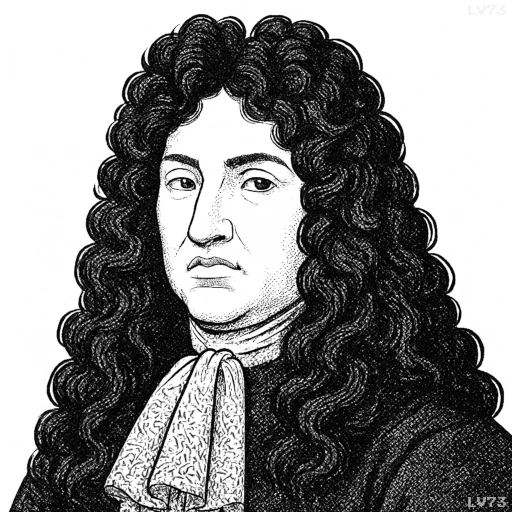“Has God forgotten all I have done for Him.”

- September 5, 1638 – September 1, 1715
- Born in France
- King of France
table of contents
Quote
“Has God forgotten all I have done for Him.”
Explanation
This quote by Louis XIV reflects a deep sense of personal suffering and disillusionment as the king faced his mortality and the end of his reign. It suggests that despite his immense efforts to serve God—through acts of piety, supporting the Catholic Church, and centralizing the monarchy as a divine institution—Louis XIV was questioning whether God would reward him for his actions. The quote can be seen as a moment of doubt or spiritual crisis as the king reflected on his legacy and the inevitable fate that awaited him. Having invested much of his reign in religious and political endeavors meant to strengthen France and protect its Catholic identity, Louis seems to feel that God has not acknowledged these sacrifices in his final days.
Historically, Louis XIV was deeply devout and saw his reign as an extension of divine will. He worked to maintain the Catholic faith in France, even revoking the Edict of Nantes in 1685 and persecuting Protestants. His entire reign was structured around the idea of absolute monarchy being a divinely appointed form of government, where the king was seen as God’s representative on earth. The quote reflects the king’s internal struggle, as his devotion to God and his efforts to strengthen the monarchy didn’t seem to guarantee the peace or comfort he expected in his final years, when he faced physical decline and the challenges of succession.
In modern terms, this quote could be interpreted as a moment of existential questioning faced by anyone who has dedicated their life to a cause—whether religious, political, or personal—and feels unrecognized or unappreciated in the end. It touches on the human desire for divine recognition and justice, especially in the face of personal suffering or disillusionment. In contemporary contexts, people may grapple with similar feelings when their efforts seem unacknowledged, whether in the workplace, in family life, or in public service, leading them to question the value or purpose of their actions. The quote speaks to the universal nature of doubt and the tension between faith and personal fulfillment in the final moments of one’s life.
Would you like to share your impressions or related stories about this quote in the comments section?
